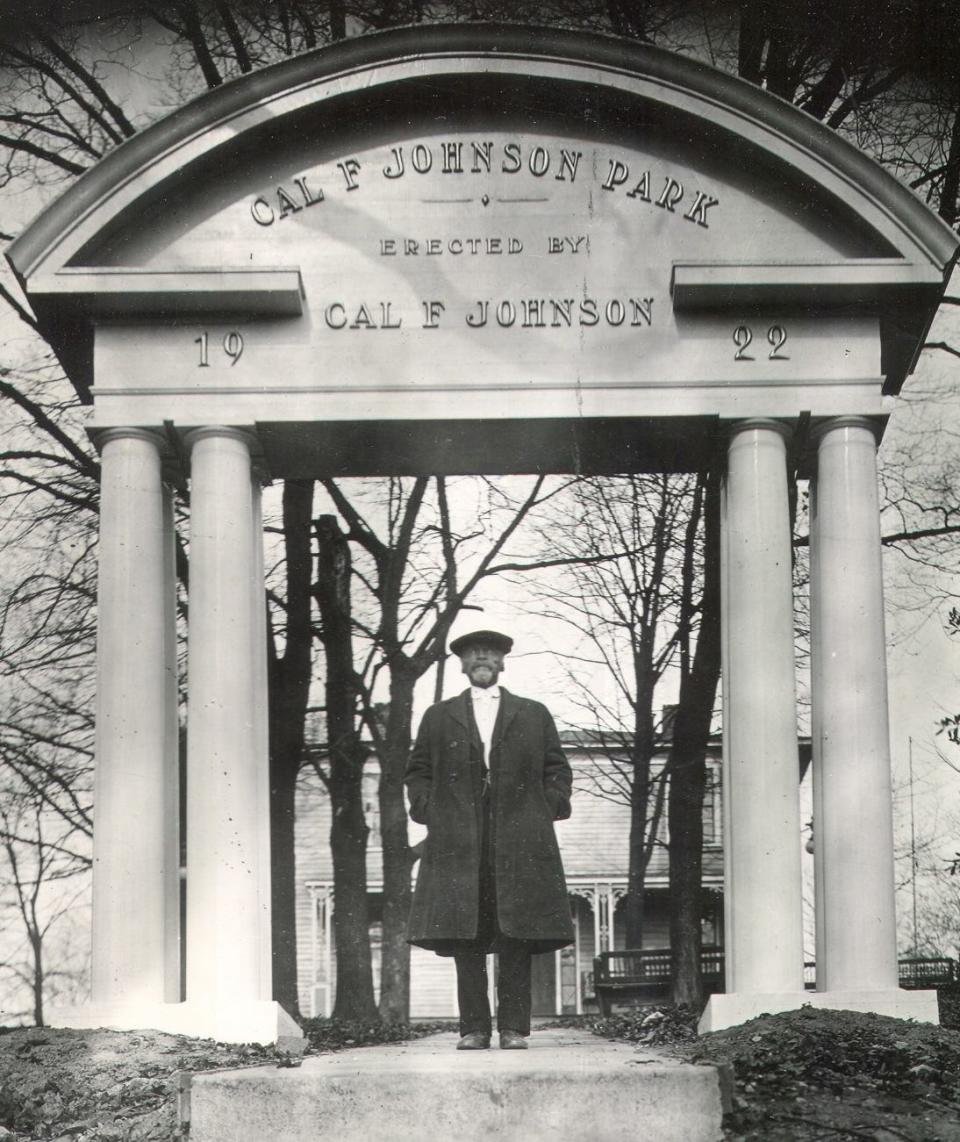Former slaves made Knoxville a better place as emancipated citizens | Opinion
Slavery existed in Knoxville from the founding of the city on Oct. 3, 1791, to Feb. 22, 1865. On that day 2,370 people in Knox County won their freedom, and several went on to become outstanding citizens. In spite of their time in servitude, they were able to achieve against the odds.
Richard "Uncle Dick" Payne was born a slave in Petersburg, Virginia, on March 25, 1809, but he was emancipated and moved to Knoxville from Greeneville, Tennessee, on Feb. 12, 1843. In his 30s he began selling water on the streets about 40 years before the city developed its water system. The city was so grateful, it changed the name of the street he lived on to Payne Avenue.

James Mason was born a slave here about 1840 and bought his freedom by doing odd jobs. He was saving to buy his wife's freedom when slavery ended. He used that money to buy a house in downtown Knoxville in 1866 and became the city's first Black taxpayer.
In 1879 he and his wife, Betty, began teaching deaf Black youngsters in their home until the state of Tennessee created a facility for them on Dandridge Avenue in 1881. In 1884, James Mason became the city's second permanent Black policeman.
Isaac Gammon, who had been a slave, was working on the railroad in 1869 when he became one of the first two Black men ever elected to Knoxville City Council. The Daily Press of Jan. 2, 1869, said, "In the third ward the highest vote getter was W. Hope with 123 votes. The second-place winner was colored candidate 'Ike' Gammon, a railroad worker, with 71 votes."
Job Child Lawrence was born to a slave mother and a white farmer named Wallace in Blount County. When Wallace became burdened with debt, he sold the mother and son when Job was 7. He became the houseboy for a Maryville merchant named Lawrence, whose name he took.
Job entered Maryville College in 1872 and was there until 1877, when he went to Howard University and earned a divinity degree in 1879. He served as pastor of Shiloh Presbyterian Church from 1884 to 1890. In 1888 he was elected by City Council to a seat on the city board of education but was never allowed to serve.
The city's most famous ex-slave was Cal Johnson, who was born in Knoxville Oct. 14, 1844, and owned by Col. Pless McClung, whose house stood on the site where the Farragut Hotel building, now Hyatt Place, was built. At the age of 14 Johnson moved to Campbell's Station, the site of McClung's vast estate, where he kept his horses.
Sign up for our newsletter: Read compelling columns by Black writers from across Tennessee.
After the Civil War, Johnson submitted the lowest bid for the government contract to exhume the bodies of soldiers from temporary graves to be buried in proper cemeteries. He later owned several saloons and the horse racing track in Burlington. He established the Black YMCA and financed the first building for it in 1906. When he died April 7, 1925, he was one of the wealthiest Black men in Tennessee.
Robert J. Booker is a freelance writer and former executive director of the Beck Cultural Exchange Center. He may be reached at 865-546-1576.
This article originally appeared on Knoxville News Sentinel: Opinion: Former slaves made Knoxville a better place

